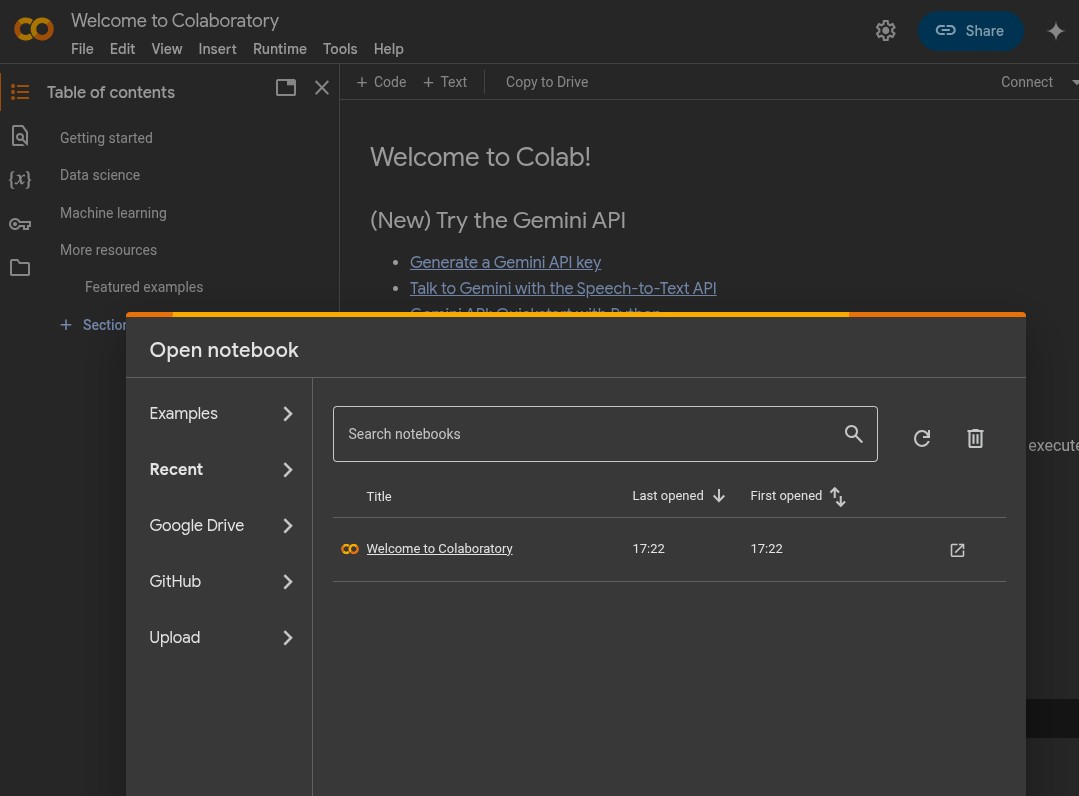Google is empowering data scientists and scientists with the implementation of the Information Science Agent to its Colab platform.
For those unfamiliar, Google Colab is a free, cloud-hosted Jupyter Note pad setting permitting individuals to create and carry out Python code within their internet browser. By supplying free access to Google Cloud GPUs and TPUs, Colab has actually ended up being a vital device for running AI designs and boosting job collaboration with minimal infrastructure arrangement.
Google has currently revealed the wider schedule of its AI-powered Data Scientific Research Agent. Set to transform operations in universities, research laboratories, and past, the device automates some of one of the most repeated and taxing aspects of data evaluation.
In December, Google revealed the Information Scientific research Agent in Colab to a group of relied on testers. This aide– built making use of Google’s Gemini AI model– streamlines jobs such as importing collections, loading datasets, and even creating boilerplate code.
“Relied on testers are passionate about the Data Science Agent, reporting they have the ability to enhance operations and reveal understandings quicker than ever before,” said the Google team.
Today, the AI-based device is being rolled out to all Colab users aged 18 and older in picked countries and languages, giving a new collection for academics, scientists, and information professionals.
Google is specifically focusing on universities and research study institutions, with a stated objective to “aid study labs conserve time on information processing and analysis by creating full, working Colab notebooks from straightforward natural language summaries.”
Exactly how does the Information Scientific research Agent function?
Simplifying information evaluation down to simply a few inputs, the agent assists to stop obtaining slowed down by regular processes. With the Information Science Agent, individuals can go from concept to actionable understandings in mins by adhering to these steps:
- Start fresh: Open an empty Colab note pad.
- Add your data: Upload the dataset you wish to analyse.
- Explain your goals: In the Gemini side panel, provide a natural language summary of what you intend to accomplish. For example, you might motivate with expressions like “Visualise fads,” “Develop and optimise a prediction model,” “Fill out missing values,” or “Select the most effective statistical strategy.”
- View the magic unravel: The AI tool replaces there, producing all the important code, loading any required collections, and preparing a working Colab note pad tailored to your usage situation.
In short, Google’s Information Scientific research Agent moves past producing mere code fragments– it gives fully operational, reproducible notebooks that prepare to carry out.
For any person who has spent hours duke it outing configuration and debugging code, or poring over datasets to decide where to begin, the Information Science Representative provides a stylish option with benefits including:
- Time efficiency: Bypass laborious setup tasks and focus straight on information exploration and insights.
- Totally practical services: Get total, executable notebooks, not simply fragments of code.
- Customisation and collaboration: Quickly fine-tune the produced notebooks to suit your certain requirements and share your searchings for with teammates with Colab’s collaboration attributes.
- Enhanced multi-step thinking: The Information Scientific research Agent places 4 th on the HuggingFace DABStep benchmark, surpassing other notable systems like ReAct representatives powered by GPT- 4.0 and Claude 3 5 Haiku.
By automating large parts of information evaluation, Google is making robust devices available. That said, Google openly keeps in mind that the Information Scientific research Agent isn’t foolproof. Missteps are feasible, and the code it creates may periodically call for further refinement.
The Information Science Representative notes a landmark in just how AI is related to simplify and enhance information workflows. Google is also wanting to cultivate a vivid neighborhood around the tool. Lovers are motivated to share their comments and experiences via Google Labs’ Dissonance neighborhood channel.
Similar to any AI version, it’s constantly sensible to ascertain the outcomes for precision and reliability, especially when making essential choices.
See also: Programmers are embracing AI agents for software program growth
Want to discover more about AI and large information from sector leaders? Look into AI & & Big Information Exposition taking place in Amsterdam, The Golden State, and London. The thorough event is co-located with various other leading events consisting of Smart Automation Seminar, BlockX, Digital Improvement Week, and Cyber Safety & & Cloud Exposition.
Check out various other upcoming enterprise technology occasions and webinars powered by TechForge here.
